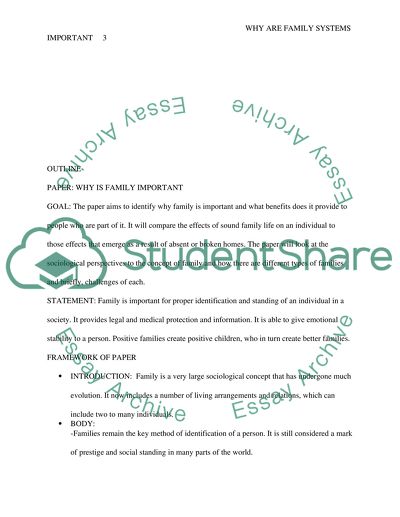Cite this document
(“Why is Family Important Research Paper Example | Topics and Well Written Essays - 1500 words”, n.d.)
Retrieved from https://studentshare.org/family-consumer-science/1409571-why-is-family-important
Retrieved from https://studentshare.org/family-consumer-science/1409571-why-is-family-important
(Why Is Family Important Research Paper Example | Topics and Well Written Essays - 1500 Words)
https://studentshare.org/family-consumer-science/1409571-why-is-family-important.
https://studentshare.org/family-consumer-science/1409571-why-is-family-important.
“Why Is Family Important Research Paper Example | Topics and Well Written Essays - 1500 Words”, n.d. https://studentshare.org/family-consumer-science/1409571-why-is-family-important.


